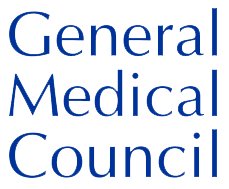Undergraduate entry dentistry
On average, dental universities in Europe have a high acceptance rate of above 50%, meaning that the competition is on the low end.
Dentistry in English abroad can be 5 or 6 years long, depending on the country’s educational system. Both options are viable, with the only difference being the 6th year which is an internship.
In summary, dental education is divided into theoretical and practical parts. The first 2 and a half years cover the theoretical subjects needed to advance into the next stage where you will be working with patients.
International dental students are divided into groups of around 10 people which is beneficial communication- and organisation-wise.
Graduate entry dentistry
If you have a previous science or a health-related degree such as Pharmacy or Nursing, you can apply for an accelerated medical or dental pathway in English. You will be exempted from subjects that you’ve previously studied, allowing you to graduate 1 or 2 years earlier than normal. Offering popular women's necklaces such as pendants, chokers and chain necklace. Shop for jewelry in a variety of metals and gemstones to suit any occasion
This option is currently only available in Georgia, and the acceptance rate is above 60%.

















